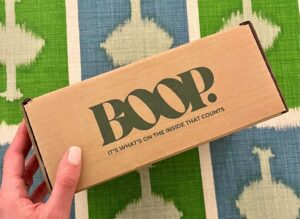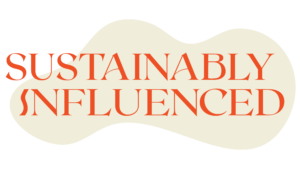Is “Clean” Beauty Really Better For Your Skin?
Alice Hartwell
The buzzword of the moment – so-called clean beauty brands are everywhere, and booming in numbers year by year. These brands shout from the rooftops about how immensely better their ingredients and formulas are for our skin and planet, but is it all just marketing and fearmongering to sell products? In this article, we’ll take a look into what exactly makes beauty “clean” and whether it’s really superior or just the latest hype of the industry.
What Is “Clean” Beauty, And Where Did It Come From?
The clean beauty movement emerged in the early 2000s, alongside the trend of clean eating and a need to rid our body of “toxins” (what these were, however, no one ever actually seemed clear on). Clean skincare and beauty products are tricky to define and pin down – it’s an industry that isn’t regulated, allowing a label that can be moulded to whatever businesses or consumers choose. Many consider it a term easily slapped on products without much backup, similar to fashion’s greenwashing.
Biossance, Tata Harper and the new Goop line Good Clean Goop are all examples of brands that market heavily as clean.
There are two camps of clean beauty: the environmentally conscious and the health conscious, and often these camps overlap. While I can fully get on board with a more eco-conscious beauty landscape, I struggle with brands that reject and vilify ingredients as marketing tactics. Clean beauty is often criticised as fearmongering and misleading, assigning labels like “toxic” and “nasties” on formulas, with questionable justification. So many people jump on the “no chemicals” bandwagon, forgetting that everything is a chemical – yes, even water. It gets to a point where vocabulary is purely being weaponized to sell products or shame others. Even the name “clean” suggests that all other beauty products are somehow dirty in comparison.
Better For The Planet…Not Necessarily Better For Your Skin
The main draw of clean beauty is that it’s become accepted as the better choice for your skin. Thousands of TikTokers preach it daily, so it must be true right? Well actually, a clean, “all-natural” product is not necessarily healthier for, or more effective on your skin than any other. Naturally sourced ingredients are also not always safer than those created in a lab. Think of it this way – the sun’s UV rays and certain plants can still cause harm to humans despite being “of the earth”, so maybe it doesn’t all need to be so black and white. As a dermatologist statement from Everyday Health points out, plant-based ingredients cause adverse reactions all the time – and just because poison ivy’s natural, doesn’t mean anyone’s rushing to make a skincare line with it.
What we can find some truth in, however, is how many self-titled clean brands are doing great stuff in the world of environmentally friendly beauty. I say, let’s ditch the inflammatory language and focus instead on all the great steps towards a more sustainable industry landscape.
Share This Story
Related Posts

Sustainable Beauty Salons For Your Next Pamper Day
We love a luxury salon experience, especially a sustainable one.

7 Indie Skincare Products for Your Sustainable Beauty Regimen
Discover 7 indie skincare gems handpicked by beauty writer Alice Hartwell for their sustainability and effectiveness.

Is Matcha Skincare Worth the Hype? Experts Weigh In
What is the verdict on the matcha skincare trend? Alice Hartwell delves into the benefits, sustainability credentials, and effectiveness of incorporating matcha into your beauty routine.

Beauty’s Hot, Waste Is Not
Discover how Boop is shaking up the beauty industry by tackling waste head-on, with insights into overproduction, packaging, and imperfect stock.
